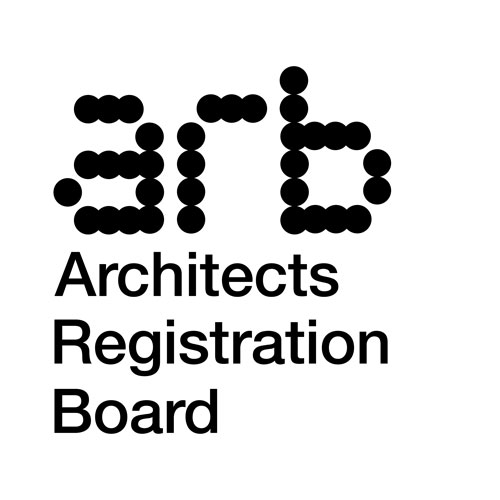Sign up for updates
Interested in studying at the University of Hertfordshire and want to sign up to our mailing list to learn more about our facilities, living in the UK and student life? Use the form below and our team will also keep you informed of key updates such as events near you, applications opening and more!
BA (Hons) Architecture
Key information
-
Typical offer: 120–128
Entry requirements -
Fees: See below
Full details -
UCAS code: K100
-
Institute code: H36
-
Study abroad option
-
Work placement option
Find out more
Why choose this course?
- ARB Part I prescribed (or exempted) and RIBA Part I validated
- Affiliation with RIBA Association of Architects (East & Herts)
- 91% satisfaction for learning resources (NSS, 2024, based on the average of Q19-22)
Gain practical skills alongside theory
This course empowers you to satisfy the requirements of a brief and re-energise our environment. You’ll learn the technical knowledge to inspire your professional portfolio. We’ll teach you how to analyse, develop, test and communicate your ideas. You’ll be working on drawings and models for domestic, public and commercial projects, such as houses, museums and cityscapes. Be creative. Spend time in our fantastic studios and workshops. We have woodworking, metalworking and casting workshops to help you develop real-world skills. Try your hand at ceramics (for building facades), printmaking and life-drawing classes to enhance your sketching skills. Use our specialist computer software suites and even download software onto your personal laptop. With 3D printers, laser cutters, a welding booth and studio space at your fingertips, we’ll help you bring your idea to life.
Discover the history that has influenced architecture. From garden cities, new towns built after WW2, to today’s contemporary cities. How do the needs of society motivate design? You’ll learn to be an innovative and responsible architect. To evaluate a building’s purpose, the impact of materials and the cultural factors which underpin design. You’ll gain insights in the international and national perspectives of the built environment. We’ll encourage you to question the role of technology, gender, politics and economics in design. You’ll debate the issues confronting architects, including sustainability, urban sprawl and gentrification. By analysing theory and practice you’ll become confident in the founding principles of design philosophy.
Every step of the way, you’ll be inspired by our expert teaching team including researchers, authors and acclaimed architects. You can gain experience with award-winning architectural offices and benefit from the Royal Institute of British Architects (RIBA) Future Architects network and the Student Mentoring Scheme. We have excellent links to industry, the RIBA and the Hertfordshire Association of Architects, these will allow your to start building you own network and finding exciting work placements opportunities.
Do you want a Professional Accreditation?
To become a registered architect, you need to complete Part 1, 2 and 3 of your studies. This degree programme is Part 1 prescribed by the Architects Registration Board (ARB) and Validated by the RIBA. Upon successful completion, you don’t need to take any extra exams when you graduate. You can progress straight to your Part 2.
What's the course about?
In the first year, you’ll learn skills in sketching, drawing and Computer Aided Design (CAD), as well as model making and 3D representation. We’ll teach you 2D and 3D analogue and digital technologies so you can visualise your design ideas. You’ll produce technical drawings to multiple scales. You’ll take part in demonstrations and workshop-based activities to understand how engineering and technology inform practice. We’ll teach you skills in problem-solving, research and analysis, as you explore the relationship between culture and design.
In the second year, you’ll grow as a critical thinker. Your knowledge of culture and theory will fuel your creativity. Explore the fascinating relationship between buildings, people and the environment. Design a public building and public space. You’ll learn to integrate hand drawing with digital editing, CAD and 3D Modelling in your proposals. We’ll help you improve your skills with 2D and 3D printing, CNC routers and laser cutters. You’ll learn technologies to map and analyse cities and infrastructures. Discover how design can complement the world around us. Be curious. How can architecture be functional and expressive? Through reflection and debate you’ll feel confident about your understanding of contemporary architecture and your place within it.
In the third year, you’ll write your dissertation, a 6000-word essay on a topic that interests you. We’ll help you develop a professional portfolio as you work on real-life projects and pitch your ideas in a competitive environment. This is your chance to inspire. The pinnacle of your studies is a major project. You’ll investigate the use of space and analyse how architecture impacts a city and its population. You’ll use your expert design and technology skills to innovate. This is your chance to prove you’re ready for professional practice or postgraduate study.
Your main campus is College Lane
This is where the creative arts, science and health-related subjects are based. This means you’ll share the campus with future nurses, scientists, artists and more. You can use the common rooms to relax with friends, work out in the 24-hour gym or have a drink in our on-campus pub or cafes. We also have restaurants for you to eat in or grab something on the go. Our Learning Resources Centres are open 24/7, which means you can study whenever suits you best. Want to pop over to the other campus? You can take the free shuttle bus or walk there in just 15 minutes.
What will I study?
Degree programmes are structured into levels, 4, 5 and 6. These correspond to your first, second and third/final year of study. Below you can see what modules you’ll be studying in each.
During your studies you will be able to comprehend the value of the built environment and will work on a retrofitting brief giving you the skills and opportunity to approach sustainability holistically, alongside ethical and aesthetical issues when you graduate. The study of sustainability is supported by teaching materials, workshops, cutting-edge software and innovative research carried out by the Arch+, the Carbon Zero Lab and the Centre for Future Societies.
Check out our student blogs
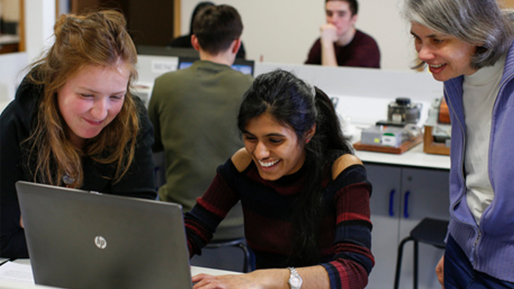
Student Blogs
Neofytos - My week at a glance
My week at a glance.
My week starts by attending to my studio space, which it is a corner made up of three big whiteboards, a locker to secure my belongings and a table to work on. I personally love that space! It always makes me feel good! Having this area to work and do research for projects that I have been given, make me feel focused and productive.
On Tuesdays I have a lecture which is about two or two and a half hours, depending on how much we need to cover. In our lecture, we talk about theories that could be beneficial to our artistic perspective, but we also use this time to talk about anything that involves group assignments and projects.
Wednesdays for me only consist of an hour of optional art talks. During these talks, we have the chance to attend a seminar where artists are presenting their work to us! That's an amazing way to be provided with an insight into how the industry works and be prepared for our working lives after graduation.
Lastly, we have our optional life drawing sessions which run every Thursday's afternoon is a great chance to have a little break from spending most of your time in your studio space working on your projects. Going to the life drawing session I have the great chance to see the human figure, as well as being given the fantastic opportunity to draw models.
As for Friday, I have nothing booked on, so I can spend most of my time in my studio space working on my projects without getting distracted!
I love my routine at university, it gives me both the time to work on my projects thus attend and organise sessions and group works.
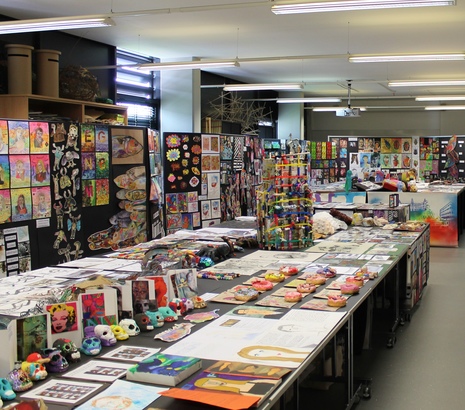
Student Blogs
Neofytos - Why I love my Course
What I love most about my course.
For years I have been drawing, painting and sculpting - prompting me to study Fine Art BA(Hons). And as a result, I have expanded my knowledge and learned more about fine art in greater depth about what I love.
The facilities at the Art and Design building are just amazing! That is what I love the most about my course. As a Fine Art student at this university, I have the great chance to take part and work in different workshops such as printmaking, ceramics, textile, welding, life drawing and so many more. For me, that is the most beneficial factor, because in this way the University allows me to explore and learn more about my artistic direction by trying different mediums and methods. Therefore, by having the freedom to attend to different workshops, I have the great chance to meet people from different courses, make new friends with similar interests and even more have the chance to collaborate with some of them!
As I said I love my course because it allows me and supporting me to try expanding horizons and find my artistic voice in an extremely healthy way.
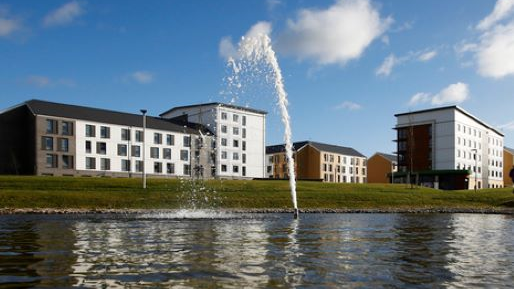
Student Blogs
Neofytos - Why I chose Herts
Why I chose Herts.
I am an international student studying at the University of Hertfordshire, which has been a blessing!
I chose Herts because the University itself is such a wonderful place to study! The facilities and the two beautifully designed campuses that the University has made my studies here amazing! For instance, there are two huge Learning Resource Centres (LRCs) on both campuses at the university where it really helps the students with their assignments. Moreover, all the buildings where we have classes at are very new and that proves that the university cares about its appearance and invest a lot of money for the students to have a great environment to study within.
However, except for the excellent facilities that the university has, the University has a great spot for socialising. Cafes, restaurants, common rooms, gyms, and a big University club are factors that make Herts a great place to be. All of them are found near to each other which is very convenient for us as students to socialise easily.
Speaking of location, the University is not far from London which is an amazing thing since London is such a beautiful and diverse city!
All these were the factors that made me choose Herts and I have never regretted my choice!
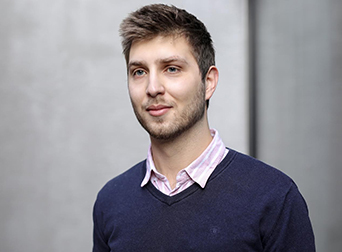
Alumni Stories
Josip Pijević
Meet Josip. He was drawn to Herts because he wanted to grow his skillset, and was impressed by the University’s campus and location. He completed a postgraduate course at Herts too and is now looking to pursue further study.
Read more stories| Current job role | In employment and working towards further qualifications |
|---|---|
| Year of graduation | 2019, 2022 |
| Course of study | BA (Hons) Architecture, M.Arch Architecture and Urbanism |
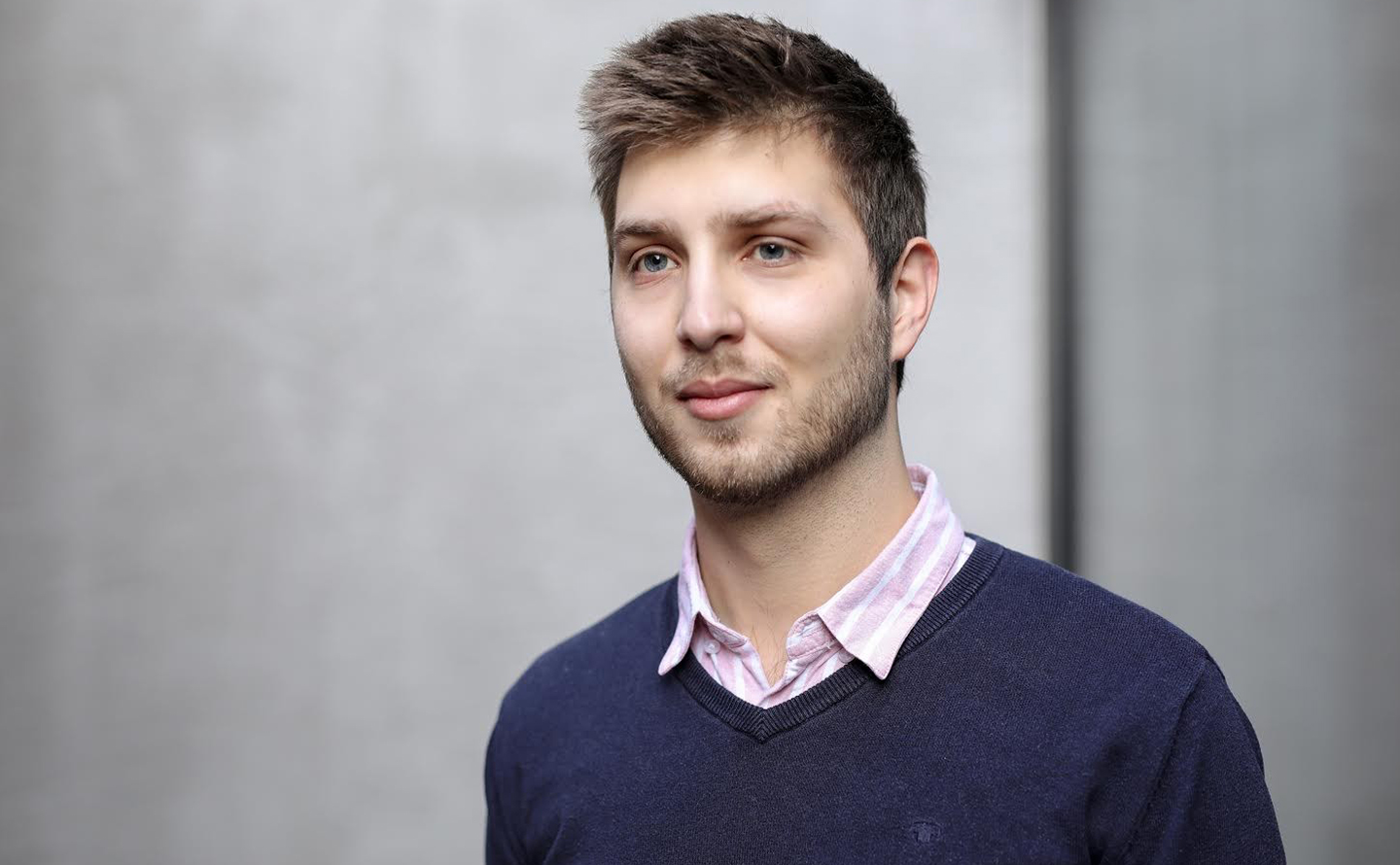
From undergrad to postgrad
The BA (Hons) Architecture course was still relatively new at Herts when Josip enrolled, and he saw it as an opportunity to grow his skillset and pursue a career in the profession. The campus facilities and the University’s proximity to London were also a plus for him.
Josip thoroughly enjoyed his undergraduate degree, in particular learning about sustainability, the use of AI in architecture, and human-centred design, all of which play a big part in the curriculum. He decided to complete his M.Arch at Herts too because of the quality of teaching he experienced during his undergraduate studies, and the opportunities M.Arch offered for Josip to help deliver undergraduate lectures and contribute to research.
As Josip says, ‘Herts is one of the few universities that offered an M.Arch Architecture and Urbanism course. It’s a great architecture programme, and the fact that it’s combined with urbanism helps you understand the wider context for any architecture project, from small-scale projects such as house extensions to larger ones like airports.
‘The tutors are amazing, and we had guest critics come from some of the top practices in the world, which allowed me to connect with professionals at an early stage. This opened doors for me, and I received a couple of job offers before I finished my M.Arch.’
Downtime
Josip lived close to campus during his studies, which he felt helped, particularly when the deadlines started rolling in. He says, ‘I would meet friends for a walk, go for food, or for a couple of games of table tennis. This was a lifesaver after a long study session and was certainly a highlight of final year for me.’
Josip’s advice
Josip’s advice for future and current students is to ‘do your very best’ at university and participate in as many extra-curricular activities as you can. Josip says, ‘This will allow you to connect with many interesting people and it will widen your knowledge of various subjects.
‘And always remember, your hard work will pay off in the end!’
Josip is now in employment and looking to get his Architecture Part Three qualification, which combined with his studies at Herts, will provide him with a strong foundation to achieve his future ambitions.

